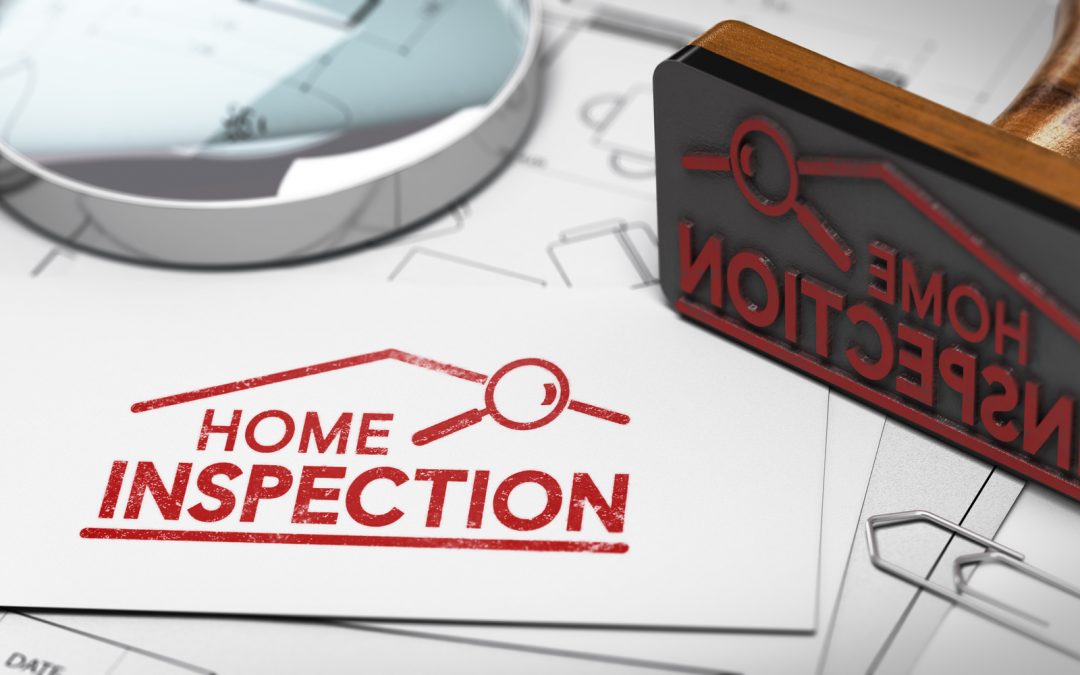While there’s no clear “pass” or “fail” when it comes to a home inspection, there are certainly some elements that could appear more or less reassuring. If you know what happens after a home inspection, you can plan to take action before you make your final offer on a home. Finding issues can help you negotiate a lower price or make the seller pay for repairs.
Here are four things to consider right after your inspection.
1. Get a Copy of the Report
If you want to ensure that you have the documentation you need for negotiating and for legal protection, get yourself a copy of your report. The report is going to help you to follow what needs to be done and to use as a negotiating tool. Talking vaguely is one thing but having tangible evidence that there are problems is another.
The seller you’re dealing with might want to get a second inspection and while this is perfectly legal, be aware if their sole purpose is to get out of repairs. You deserve to be buying a home that’s up to legal standards or else have the price docked for the work that needs to be done.
If you have a copy of the report, you can start doing your own independent research on how to pay for things. You can calculate realistically how much it’s going to cost to fix things in your home. If you have a good estimate as to how much it’s going to cost, you can set your limits on how much you’re willing to pay.
Your copy of the report is your guide to how much the home should cost you.
2. Ask For Work Credit
If you want this home badly, then it’s hard to get your mind off it. When sellers are looking to get out of a house, they’re already starting to make plans for themselves. Often they’ve found another home that’s contingent on them getting this home sold.
As the property gets closer to closing, they’re going to want to be done with the home they’re moving out of. If there are repairs that need to be done, it’s unlikely they’re going to put in the effort to get them done. This is why you need to ask for a credit to help pay for the repairs now before it’s too late.
If they decide to do the work on their own, they’ve got no incentive to do it well or to do it right. They’re on their way out and just trying to appease you. Save both of you a headache by requesting a credit instead of asking them to make the repairs that they’re not even that interested in making.
Consider asking for a cash-back credit when the escrow closes. Use that money to complete the project and hire who you want to hire for it. While you might do a better job than the seller, having someone else handle the work ensures it gets done right.
3. Make Long Term Decisions
While some damage might be an eyesore until its repaired, it’s not always pertinent for you to fix these issues. Some issues might be upsetting because you want to move into a home with no problems like anyone else. However, if you’re probably going to tear up the whole bathroom in a year or two, then it’s not that big of a deal if some of the tiling is damaged.
However, if you’re dealing with structural problems in your basement, then you need to think twice about that. Problems in the foundation are likely to cause serious issues later on. When mold or water damage starts to creep into your home, you’re going to have to consider the long term impacts of what that means.
All repairs should be up for negotiation but you need to know what matters. Some things are forgivable or reasonable results of wear and tear. Others need to be taken seriously so that you don’t have to deal with major problems later on.
If you know how to differentiate between issues that are big and issues that aren’t worth sweating, you’ll save yourself some headaches. A small credit can offset the closing costs and ensure you don’t feel ripped off when you fix problems later on.
4. Keep Your Poker Face During and After
When you’re going to have to do some work on your home, keep your plans to yourself. When your listing agents walk around the inspection with you, you need to be careful of what you say. The listing agents could fail to negotiate with you based on what you say during that walk around the property.
If you’re uneasy with what happens during the inspection, they could tell that to the seller. That unease could end up helping you to negotiate or it could result in having them back out of selling the home to you.
Spending a lot of time measuring things and talking about paint colors shows that you’re thinking about the home seriously. It also means you’ll be doing some renovation anyway. This takes away some of your power to negotiate.
If you’re planning a gut renovation of the kitchen, be quiet about that. They’re not going to want to give you credit to do more than make basic necessary repairs. If your goal is to tear the whole place apart, then they’re going to brush aside your requests.
You Decide What Happens After a Home Inspection
You get to get behind the steering wheel as to what happens after a home inspection. If you make the right decisions, you can turn a home with a few problems into your dream home.
Check out our guide so that you know what to ask following a home inspection.

